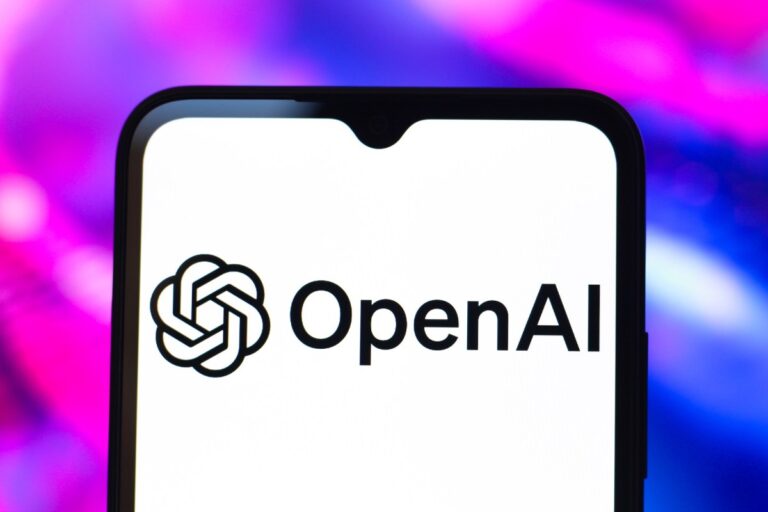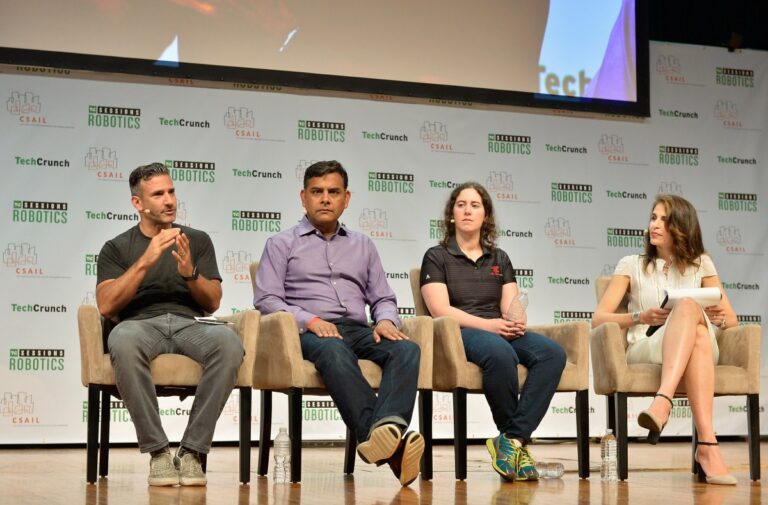Unlocking the Mystery: What You Need to Know About AI Agents
Silicon Valley is increasingly optimistic about the role of AI agents in the workforce. Industry leaders like OpenAI’s CEO Sam Altman, Microsoft’s Satya Nadella, and Salesforce’s Marc Benioff predict that these agents will revolutionize various knowledge work sectors this year. However, there remains a significant lack of consensus on what constitutes an AI agent.
Understanding AI Agents: The Current Landscape
In recent years, the tech industry has touted AI agents as the next big advancement, similar to how AI chatbots like OpenAI’s ChatGPT transformed information retrieval. CEOs like Altman and Nadella assert that these agents will change our work practices fundamentally.
The Definition Dilemma
However, defining an “AI agent” is not straightforward. Terms like “agent” and “agentic” have become so overused that they risk losing their meaning. This ambiguity places companies like OpenAI, Microsoft, Salesforce, Amazon, and Google in a challenging position. Each company’s interpretation of an agent varies, leading to confusion among customers.
Ryan Salva, senior director at Google, expressed his frustration, stating, “I think that our industry overuses the term ‘agent’ to the point where it is almost nonsensical.”
The Evolving Definitions of AI Agents
The confusion over AI agent definitions is not new. In a previous discussion, former TechCrunch reporter Ron Miller raised questions about what constitutes an AI agent. The variance in definitions has only intensified in recent weeks.
- OpenAI’s View: Recently, OpenAI described agents as “automated systems that can independently accomplish tasks on behalf of users.” However, their developer documentation refers to agents as “LLMs equipped with instructions and tools.”
- Microsoft’s Perspective: Microsoft distinguishes between agents and AI assistants, suggesting that agents are specialized applications in an AI-driven world, while assistants handle general tasks such as email drafting.
- Anthropic’s Approach: This AI lab addresses the definition issue by stating that agents can be both “fully autonomous systems” and “prescriptive implementations” that follow set workflows.
- Salesforce’s Broad Definition: Salesforce defines agents as systems capable of understanding and responding to customer inquiries without human intervention, categorizing them into six types, ranging from “simple reflex agents” to “utility-based agents.”
Challenges and Opportunities in Defining AI Agents
The challenges of defining AI agents stem from their nebulous nature and constant evolution. Companies like OpenAI, Google, and Perplexity are beginning to release their first agents, each with varying capabilities. Rich Villars from IDC noted that tech firms often prioritize their objectives over strict adherence to definitions, especially in rapidly changing markets.
Marketing plays a significant role in this confusion, as Andrew Ng of DeepLearning.ai pointed out. He noted that the technical meanings of “AI agents” have been diluted by marketing strategies in recent times.
According to Jim Rowan, head of AI for Deloitte, the lack of a unified definition presents both challenges and opportunities. While flexibility allows customization, it can lead to misaligned expectations and difficulties in measuring project outcomes. “Without a standardized definition,” Rowan stated, “it becomes challenging to benchmark performance and ensure consistent outcomes.”
Ultimately, the absence of a clear definition for AI agents may complicate efforts to maximize investments in this evolving technology. If the current ambiguity surrounding the term “AI” is any indication, a consensus on the definition of “agent” may not emerge anytime soon.
For more insights into AI and its applications, explore our related articles on AI Trends and AI in Business.







